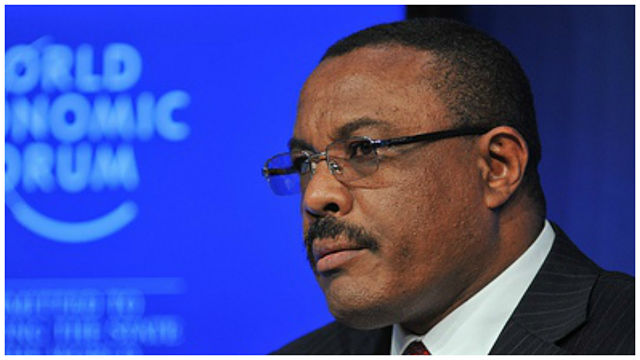 In Ethiopia the government has used court proceedings to selectively intimidate and silence high-profile activists, reporters, and civil society leaders. (Carnegie Endowment for International Peace)
In Ethiopia the government has used court proceedings to selectively intimidate and silence high-profile activists, reporters, and civil society leaders. (Carnegie Endowment for International Peace)
Civil Society Under Assault in Russia, Egypt, and Ethiopia
The closing of civic space has become a defining feature of political life in an ever-increasing number of countries. Civil society organizations worldwide are facing systematic efforts to reduce their legitimacy and effectiveness. Russia, Egypt, and Ethiopia have been at the forefront of this global trend. In all three countries, governments’ sweeping assault on associational life has forced civic groups to reorient their activities, seek out new funding sources, and move toward more resilient organizational models. Competing security and geopolitical interests have muddled U.S. and European responses, with governments divided over the value of aggressive pushback versus continued engagement.
Governments in Russia, Egypt, and Ethiopia have used a wide range of tactics to restrict civil society:
Public vilification. Governments rely on aggressive smear campaigns to discredit independent civil society groups, building on suspicions of foreign political meddling, fears of violent extremism, and anti-elite attitudes within society.
Sweeping legal measures. In addition to restrictive laws controlling nongovernmental organizations (NGOs), sweeping antiterror and antiprotest measures with vague legal definitions enable selective and unpredictable enforcement, which reinforces fear and self-censorship among activists.
Civil society co-optation. Governments purposefully sow divisions between apolitical and politically oriented organizations and selectively disburse rewards to co-opt civic actors and promote pro-government mobilization.
However, there are also differences among the three cases:
In Ethiopia, authorities have pushed NGOs from rights-based efforts to service delivery activities and imposed onerous funding limitations. Targeted repression in the name of counterterrorism has further stifled civic activism, and the government is increasingly relying on emergency powers to suppress growing rural dissent.
Click here to read the full report »
—
Join the conversation on Twitter and Facebook.

























